You attempt to write a review with a stiff dose of objectivity, but it’s hard not to start with a degree of fondness for an anthology put together by a magician who has performed in North Korea. Dale Salwak also has a sideline as a professor of literature at Citrus College in Los Angeles, and Writers and their Mothers is a collection of 22 pieces he has edited, by novelists, poets and literary critics, some biographical and analytical, some autobiographical.
In his introduction, Salwak makes reference to an assertion by Georges Simenon that writers are ‘united in their hatred of their mothers’, an assertion, I’d suggest, that tells you much more about the whore-mongering Simenon than about writers in general.
The first contribution is Hugh Macrae Richmond’s ‘Shakespeare’s Mother(s)’. It makes sense to start with the boss, but I would have thought that a showman like Salwak would have played a stronger opening card. Richmond’s reflections are a respectable, if a slightly index-like run through of Shakespeare’s works, which does remind one that Shakespeare was much better at women than Marlowe or Jonson — which is perhaps why he’s no. 1.
However, Richmond indulges in the almost inevitable academic overreach. The fact that Shakespeare married a woman eight years older than himself ‘suggests acceptance of female superiority in sexual relationships’. For all we know, Shakespeare might have been pulling some heavy 50 shades action on Anne Hathaway, or indeed Elizabeth I.
I’ve never had much time for John Ruskin’s writing, but his life was a hoot. Anthony Daniels explains that ‘he lived with his mother most of his life, until her death aged 90 in 1871.’ Ruskin was famously subjected to divorce proceedings on the grounds of non-consummation and when he ‘was lodged as a student in Oxford, his mother took lodgings herself on the High Street, to which her son repaired each evening, until he left the university’. Has anyone checked out John Ruskin as a fit for Jack the Ripper?
Am I alone in this? Is it just me? I simply can’t bear to read anything more about Sylvia Plath’s life. Ever. Under any circumstances. Just leave the poor woman alone, no matter how well you do it, Adrianne Kalfopoulou. Similarly, we may be reaching peak Larkin, as even in the slick account by Philip Pullen of Eva Larkin, we get more about Larkin and Monica Jones, who are shaping up to be the new Ted ’n’ Sylvia of poetry exegesis.
Further investigations on the poetry front reveal that Walt Whitman was close to his mother and that Robert Lowell definitely wasn’t. Rita Dove provides a brief cheat-sheet to her poem ‘My Mother Enters the Work Force’.
There are some distinguished families here, such as the Lindberghs and the Updikes, although in the latter’s case I suspect many readers will pay more attention to the references to John than to his long-suffering wife, in the tribute from their son, David.
The novelists in the collection tend to come out best. Margaret Drabble has a highly entertaining examination of Samuel Beckett’s friction-filled dealings with his mother, whom Drabble believes ‘forged his genius’. That may well be true, but I’d maintain Joyce was nevertheless the greatest influence on Beckett’s style, simply because he didn’t leave his disciple anywhere else to go but Waiting for Godot and First Love.
There are strong autobiographical submissions from Ian McEwan, Martin Amis, Catherine Aird and Tim Parks. McEwan really vivisects himself and spills his guts in his portrait of his mother in ‘Mother Tongue’ (something that will doubtless provide fodder for doctorates in decades to come).
Both his mother and his ‘wicked stepmother’, the novelist Elizabeth Jane Howard, get a sympathetic write up from Martin Amis, a chronicle that at the same time unfurls a great deal about himself and Kingsley. Catherine Aird summons up the harshness of the war years, and as you would expect from a crime writer, has a marvellous anecdote about her mother meeting a complete stranger in the street, who is wearing what are indisputably her mother’s clothes.
Tim Parks closes with ‘Her Programme’, a description of his mother’s funeral service. It’s certainly the most powerful piece in the collection, one that is very moving and that gives a distinct sense of his mother’s character: a narrative that manages to be both visceral and artful.
Writers as a group are, typically, over-endowed with ego and willing to commit almost any transgression for a good sentence or line; so it’s heartening to see how they are generally cowed and humbled by maternal love, and are grateful for it.
Got something to add? Join the discussion and comment below.
Get 10 issues for just $10
Subscribe to The Spectator Australia today for the next 10 magazine issues, plus full online access, for just $10.
You might disagree with half of it, but you’ll enjoy reading all of it. Try your first month for free, then just $2 a week for the remainder of your first year.

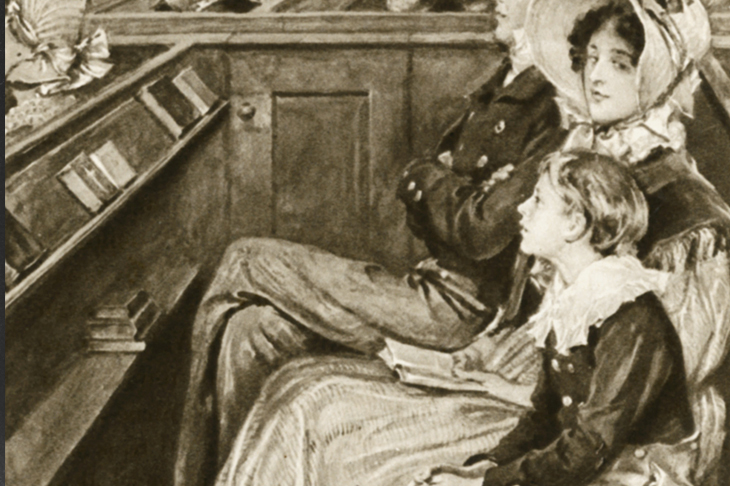
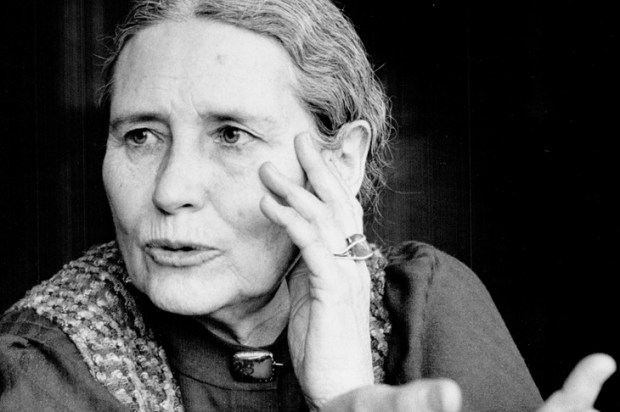
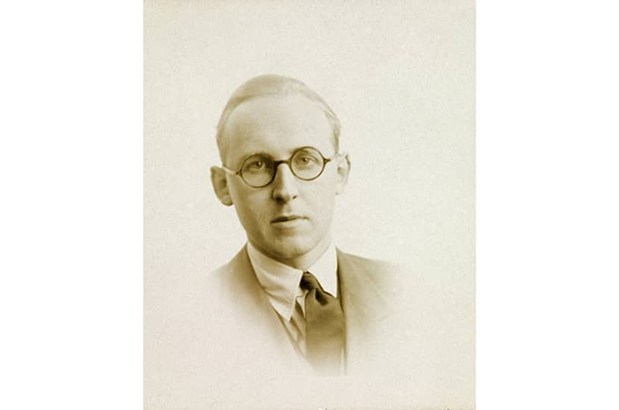


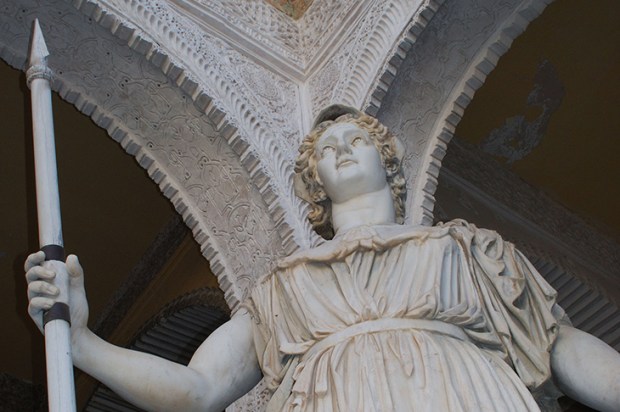
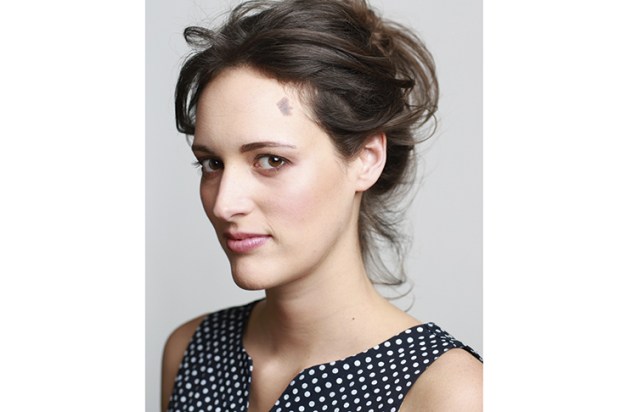






Comments
Don't miss out
Join the conversation with other Spectator Australia readers. Subscribe to leave a comment.
SUBSCRIBEAlready a subscriber? Log in